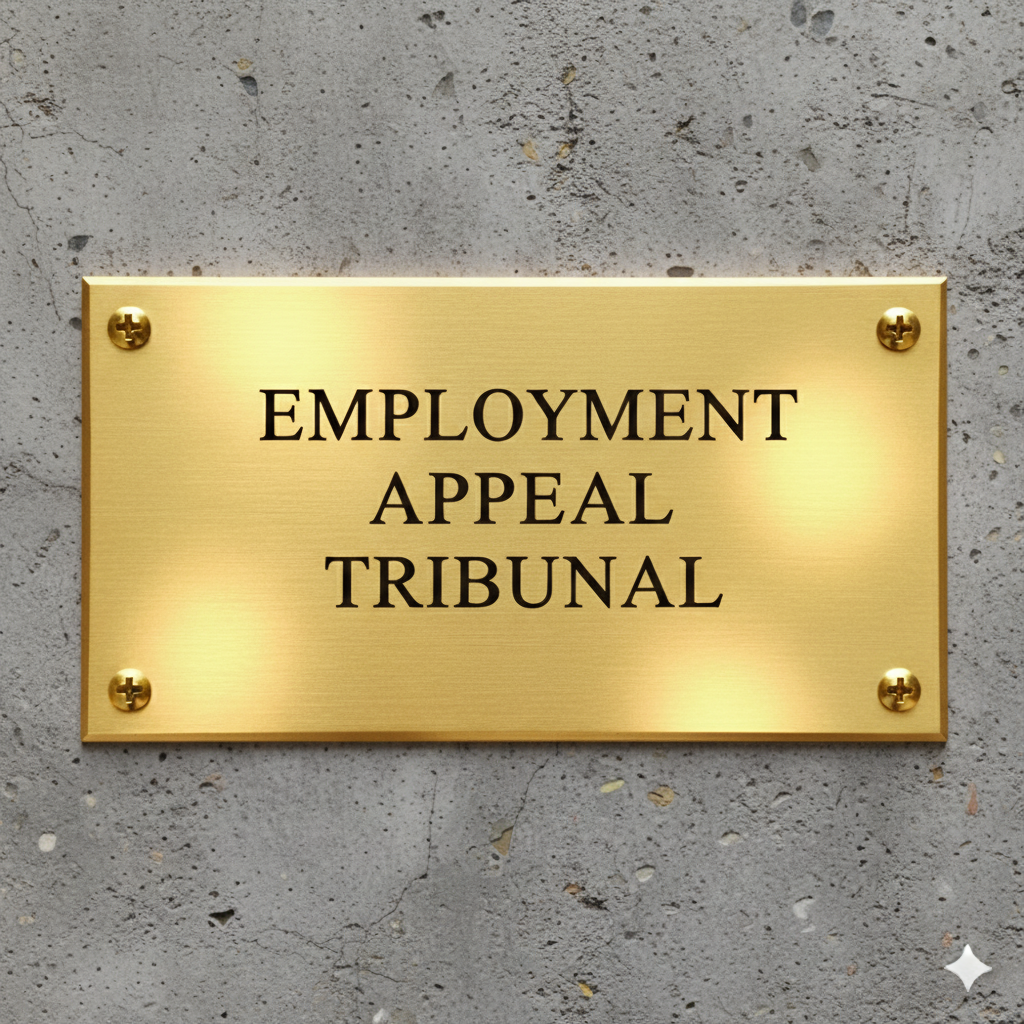Whistleblowing Case: Tribunal Reconsiders Unfair Dismissal Claim After Appeal
An embryologist's unfair dismissal claim will be reconsidered after the EAT found the original tribunal failed to properly assess the 'Jhuti' principle relating to manipulated dismissal reasons.
• public
Whistleblowing Claim Re-examined After Appeal Tribunal Ruling
The Employment Appeal Tribunal (EAT) has allowed an appeal in the case of Henderson v GCRM Ltd & Ors [2025] EAT 136, ordering an Employment Tribunal to reconsider a claimant's claim of automatically unfair dismissal related to whistleblowing. The claimant, Ms Ann Henderson, an embryologist, was dismissed by GCRM Ltd in February 2022, purportedly due to conduct issues.
Ms Henderson initially brought claims under Section 103A of the Employment Rights Act 1996 (ERA), alleging automatically unfair dismissal, and under Sections 47B(1A) and (1B) for suffering detriment, namely dismissal, as a result of making protected disclosures (whistleblowing).
While the Employment Tribunal upheld the detriment claims, finding that the dismissal was partly influenced by her protected disclosures, it dismissed the unfair dismissal claim, concluding that the disclosures were not the 'principal reason' for her sacking.
The Appeal Arguments
Ms Henderson appealed, arguing that the Employment Tribunal had failed to properly apply the principles established in the landmark case of Royal Mail Limited v Jhuti [2018] ICR 982. The Jhuti case clarifies that a dismissal may be unfair if a senior manager manipulated the dismissing officer, creating a false pretext to mask a prohibited reason (in this case, whistleblowing).
GCRM Ltd also appealed, contesting the Tribunal's application of Jhuti in conjunction with Timis v Osipov [2019] ICR 655 to find an 'innocent' dismissing manager personally liable for the detriment of dismissal under Section 47B(1A), which would in turn make the employer liable under section 47B(1B).
EAT Decision: Unfair Dismissal to be Reconsidered
The EAT, presided over by The Hon. Lord Fairley, upheld Ms Henderson's appeal. It ruled that the Employment Tribunal had erred by not adequately considering whether a manager had manipulated the dismissal process or created a false reason for dismissal to conceal a protected disclosure.
The case has been remitted to the original Employment Tribunal for reconsideration, with a focus on whether the second respondent had improperly manipulated the third respondent in the disciplinary process or created a false reason for dismissal which he induced the third respondent to adopt in order to hide a proscribed reason.
Employer's Appeal Upheld
The EAT allowed the employer's appeal, finding that the Tribunal had wrongly applied Jhuti to the detriment complaints under sections 47B(1A) and (1B). The EAT stated that it was not Parliament's intention to impose unlimited liability upon innocent individuals who have not personally been motivated by a proscribed reason.
The EAT emphasized that whistleblowers have adequate legal recourse without needing to extend the Jhuti principle to Section 47B(1A) complaints.
Implications for Whistleblowing Claims
This case clarifies the application of the Jhuti principle in whistleblowing cases, particularly regarding the need to establish manipulation or fabrication of evidence to prove that the 'real' reason for dismissal was a protected disclosure. It also reinforces the principle that an innocent manager should not be held personally liable in detriment cases where they were unaware of the protected disclosure.
Read the entire judgement here: Ms Ann Henderson v GCRM Ltd & Ors [2025] EAT 136
